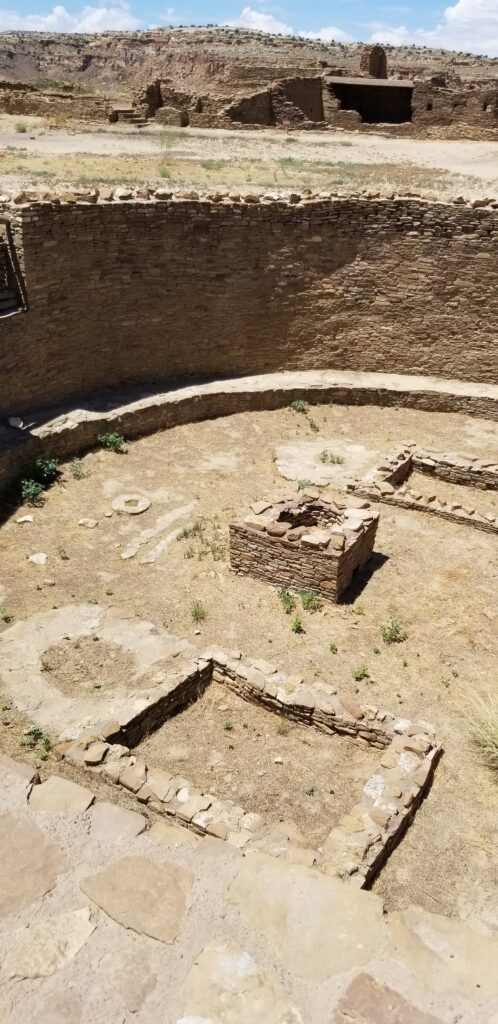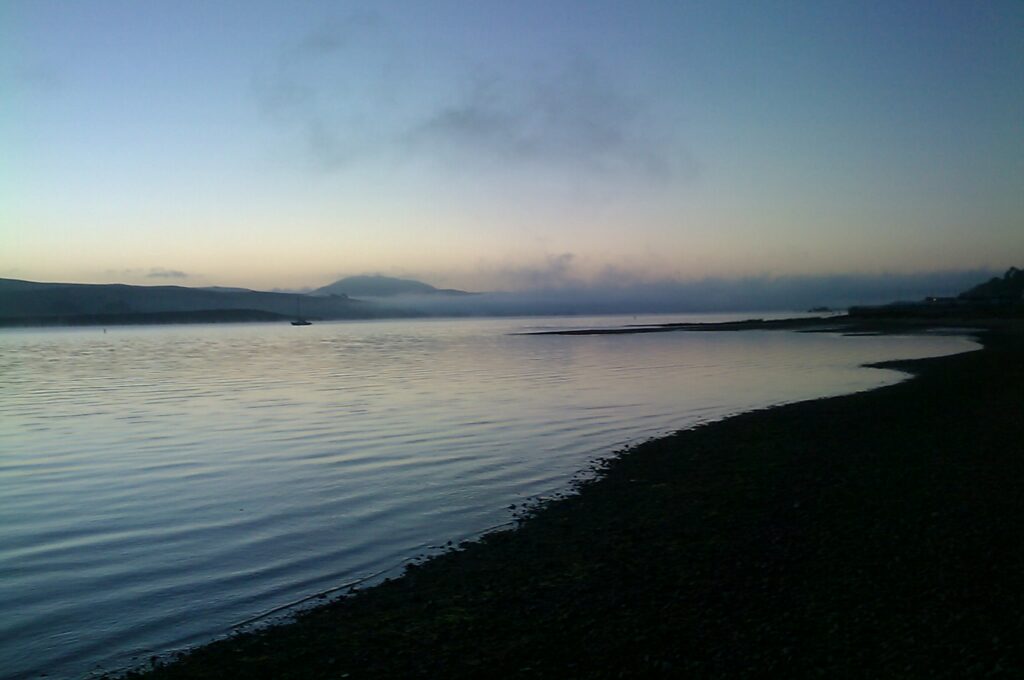Rituals and Ceremonies

There is no part of life that cannot be acknowledged, affirmed, and celebrated ~ all the moments of ouor lives hold meaning. We are the meaning-makers and create the connection between ourselves and something that happens or something that is chosen.
In cultures across time and geography, we in the human species have created rituals. Some of these become public and participated in by nearly all members of the group; some are privately held by one person or a tightly connected bonding. When people move from one location to another, ritual is often a sustaining element that allows a strange place to become home. Sometimes, rituals become worn out, they “lose their salt,” they might even become the connection to abusive actions. In these situations, while the elements of the ritual may have become flat or tainted, the need we have to make ritual in our lives does not.
Often, a reclaiming of specific ritual elements or a remaking of ritual altogether is needed.
My role in your ritual or ceremony (which I set apart as perhaps being a bit more public) is to support your desire for meaning, encourage you in celebration and help to embody and make visible the elements that function in and as ritual. This is not an “off the shelf” activity between us, but the creation of something specific for you.
Perhaps, your life has brought you to a threshold. Facing it, crossing it or not, calls out for a ritual. Often these threshold times are well-known: births, coming of age, partnering, uncoupling, name changes, accomplishments, losses. And, at times, some knowing inside yearns to be marked and set as special; these private ah-ha’s or oh-no’s may not be traditional occasions (no “Hallmark card” time). Yet, taking time to mark and imbue that decision, that step along a much-longer path, perhaps you know that you really need to do this.

Grief
There is a Lake of Grief that we are often dimly aware of. It makes itself known through the loss of the living to whom we are connected; or through the other “gates” of grief: of the recognition of some parts of ourselves that were exiled, of the distress of the world (hunger, homelessness, ecological devastation, war, oppression, abuse), the loss of our human “birthright,” of the disconnection from ancestors. Some grief is so personal and some seems so overwhelming, but not really mine, that we often turn away. Losses define us, whether we agree to that or not. Loss is a measure of love; we want what we love, not the absence of it. And yet, we all experience loss. This time of global pandemic has made loss stark, in your face, unavoidable. While it feels awful, the invitation to be with grief is a sacred one and answering it, getting the skill set to be in the unflinching presence of loss, learning how to “be with” grief is crucial to our living life to its fullest. There are tools. You can agree to learn them.
